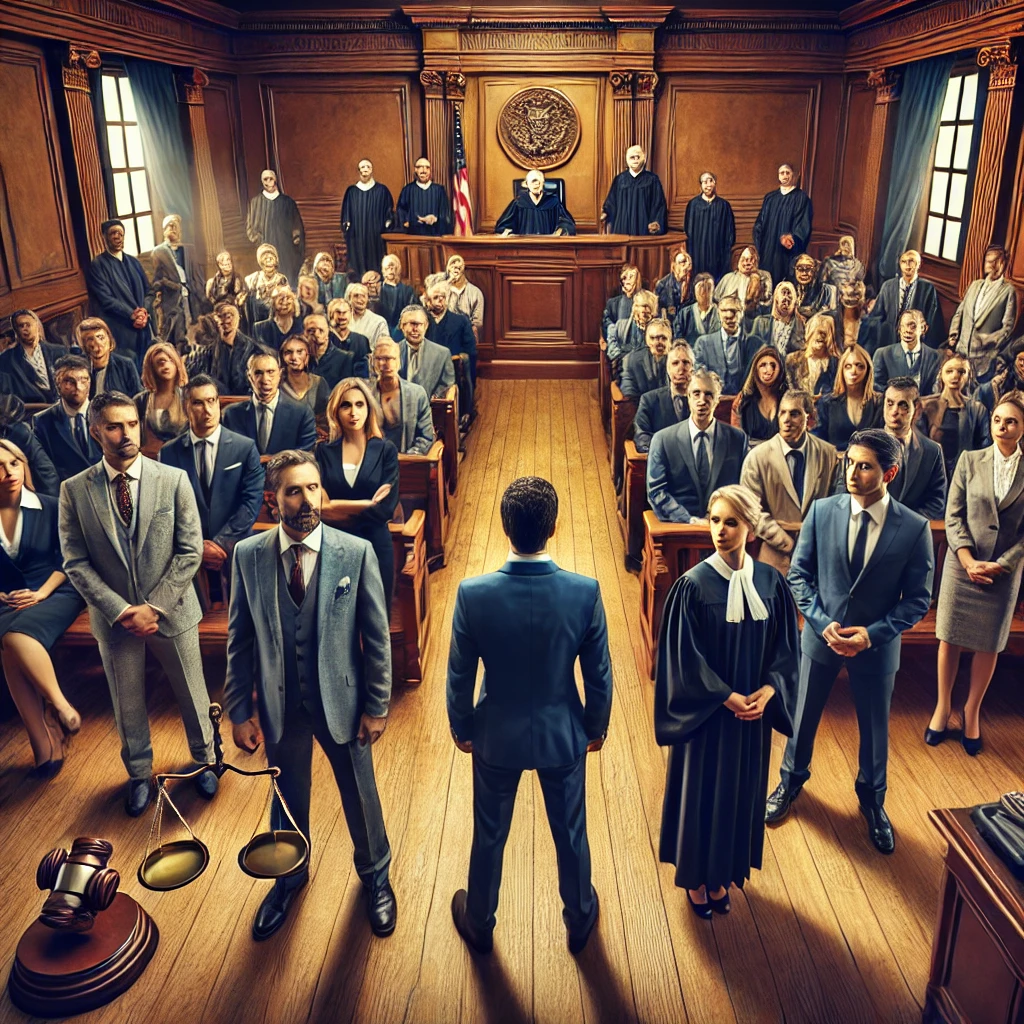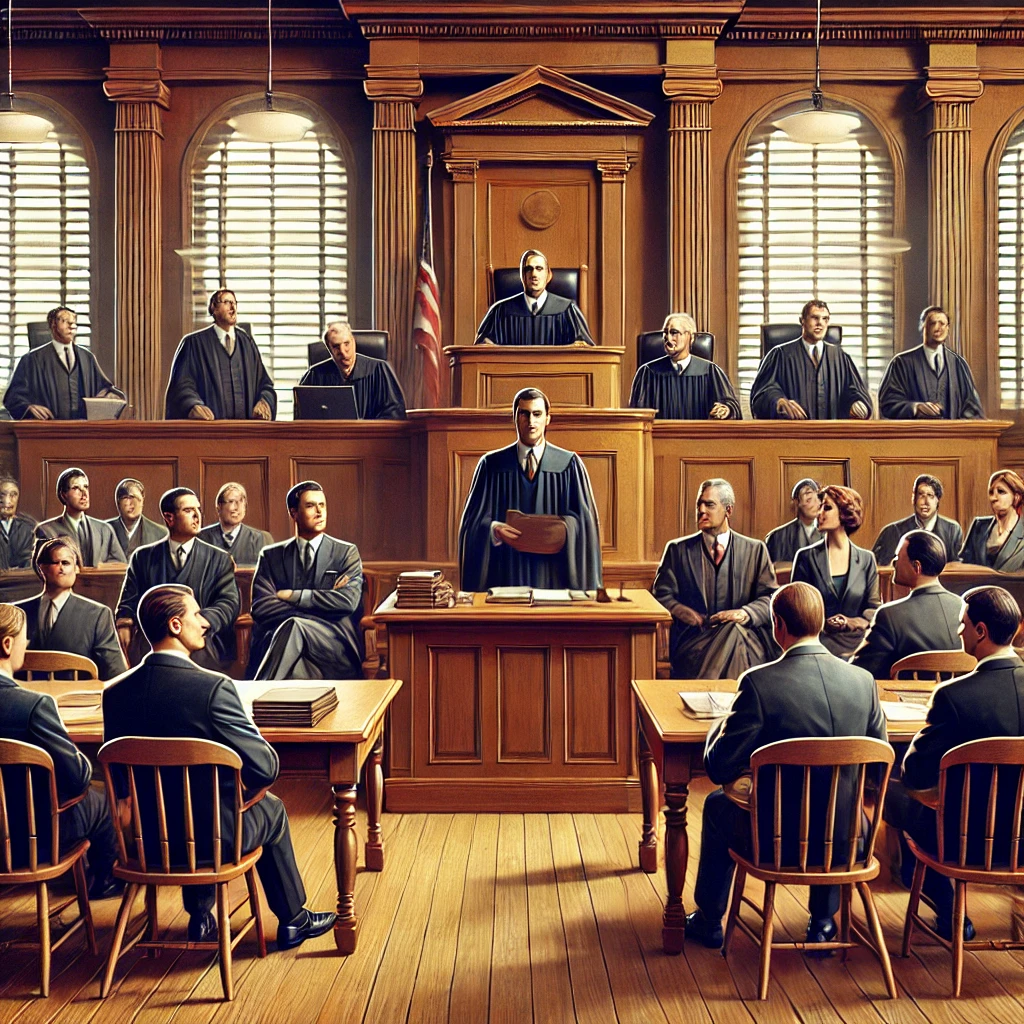Introduction: Unraveling the Layers of Albert Huckster v. Elgard
The Albert Huckster v. Elgard case is a landmark decision that has captivated legal enthusiasts and professionals alike. This case not only addresses intricate legal issues but also sets significant precedents that have implications far beyond the immediate facts of the case. In this comprehensive analysis, we delve into the complexities and the groundbreaking nature of the albert huckster v elgard case brief, exploring its background, legal challenges, court’s analysis, and the far-reaching implications of its verdict.
Background of albert huckster v elgard case brief: The Genesis of the Dispute
The origins of the case trace back to a dispute between Albert Huckster, an entrepreneur and innovator in the tech industry, and Elgard, a multinational corporation known for its robust portfolio in technology and software solutions. The contention arose over intellectual property rights and contractual obligations that were allegedly breached by one of the parties. The escalation of this conflict to the courts highlighted significant questions about intellectual property law, contract enforcement, and corporate accountability.
Highlighted Facts of the Case
The case centered around several pivotal facts:
- Contractual Agreements: At the heart of the dispute were the terms of a collaboration agreement signed between Huckster and Elgard, which detailed the scope of work, intellectual property ownership, and revenue sharing.
- Breach Allegations: Huckster accused Elgard of violating the agreement by using proprietary technology developed by Huckster to create competing products.
- Financial Damages: Significant financial losses were claimed by Huckster, citing lost opportunities and market advantages due to Elgard’s actions.
Legal Issues Under Scrutiny
The primary legal issues presented in the Albert Huckster v. Elgard case included:
- Breach of Contract: Whether Elgard failed to adhere to the contractual terms agreed upon with Huckster.
- Intellectual Property Rights: Determination of the ownership and rightful use of technology developed during the partnership.
- Unfair Competition: Whether Elgard’s actions constituted unfair competition under the prevailing laws.
Judicial Analysis: Navigating the Legal Labyrinth
The court’s analysis was meticulous, focusing on the interpretation of contract law as it applied to the facts. Expert testimonies, digital evidence, and precedents in similar intellectual property disputes played a crucial role. The court examined:
- Contract Interpretation: How the contract clauses should be interpreted in light of the alleged breach.
- Evidence of Breach: Assessing the evidence provided to support the claim of breach, including technical analyses and witness depositions.
- Legal Precedents: The application of previous rulings in similar cases to determine the appropriate legal framework for resolving the dispute.
Verdict and Implications
The verdict favored albert huckster v elgard case brief, with the court finding Elgard liable for breach of contract and unfair competition. The court ordered Elgard to pay significant damages to Huckster and imposed restrictions on the use of the contested technology. This verdict:
- Reinforced the sanctity of contractual agreements in business relationships.
- Highlighted the need for clear definitions and understandings of intellectual property rights in collaborative ventures.
Impact: A Legal Milestone
The case of Albert Huckster v. Elgard has become a benchmark in the field of intellectual property law and contract enforcement. It provides as a vital reference for:
- Legal professionals dealing with similar cases.
- Corporations to refine their contractual practices and intellectual property management.
- Legislators and policymakers interested in updating and refining laws governing corporate behavior and property rights.
Conclusion: A Precedent-Setting Paradigm
Albert Huckster v. Elgard is more than a legal battle; it’s a narrative that underscores the importance of clarity, fairness, and accountability in business and legal practices. This case brief not only sheds light on complex legal principles but also serves as a guidepost for future disputes in the evolving landscape of law and technology. The reverberations of this decision are likely to influence legal outcomes and business practices for years to come, making it a cornerstone case in the annals of legal history.


